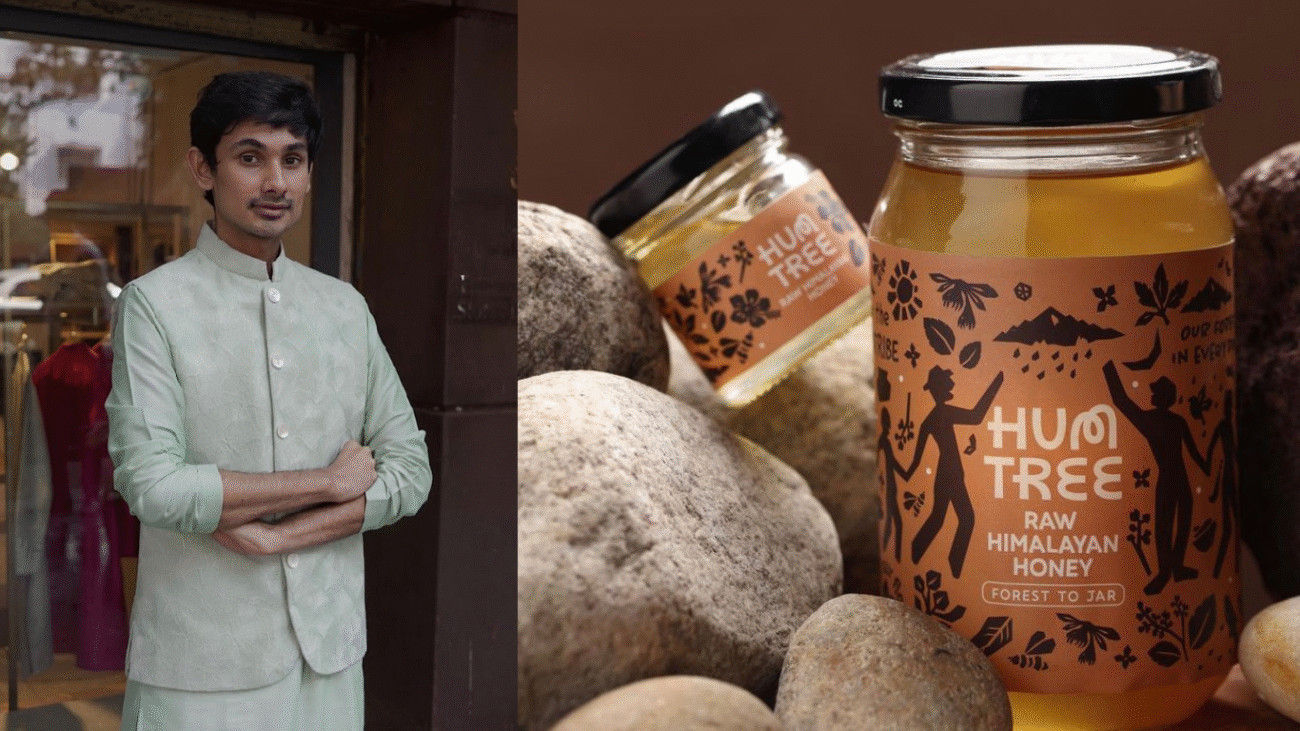A small project that was started in school for Kolkata’s 24 years old Ayush Sarad has now turned into an ecosystem for overall development of the villagers in Sundarbans. Thousands of villagers who were earlier deprived of education, better healthcare facilities and employment are now living a life of hope and prosperity.
It was 2015 when Ayush with his school friends at La Martiniere collected relief materials to send to the victims of the Nepal earthquake. Since then Ayush has been involved in social work through volunteering in various non-profit organizations. He has worked for victims of sex trafficking, and kids with special needs. Ayush also formed a student volunteer team called ‘Ek Packet Umeed’. The team would collect funds for NGOs and help needy people in whatever ways they could.
However, when Cyclone Amphan devastated the villages in Sundarbans in May 2020, Ayush and his volunteer team of ‘Ek Packet Umeed’ visited the village called Bali in Sundarban and began working for the villagers. They raised about Rs. 13 lakh to rebuild 1,250 houses and helped the cyclone victims across seven villages that were severely damaged.
Although Ayush and his team helped the Cyclone Amphan victims with urgent needs, but “We did not want the villagers to be dependent on others. That is why we had to come up with a plan that can generate a regular income for the villagers including men and women,” said Ayush.
While explaining the geography and economic condition of the villages in Sundarban Ayush said, “The villages are situated in such a way that you need to use a boat to come out of the villages for better education and medical facilities. If a woman goes under labour during the late evening, the delivery in a hospital can’t be possible until the morning as there is no mode of transportation and the villages have no healthcare facilities. Apart from this, the villagers don’t have educational facilities either.”
He further added that the families in the villages usually earn around Rs. 2000-4000 which is not enough to run the house.
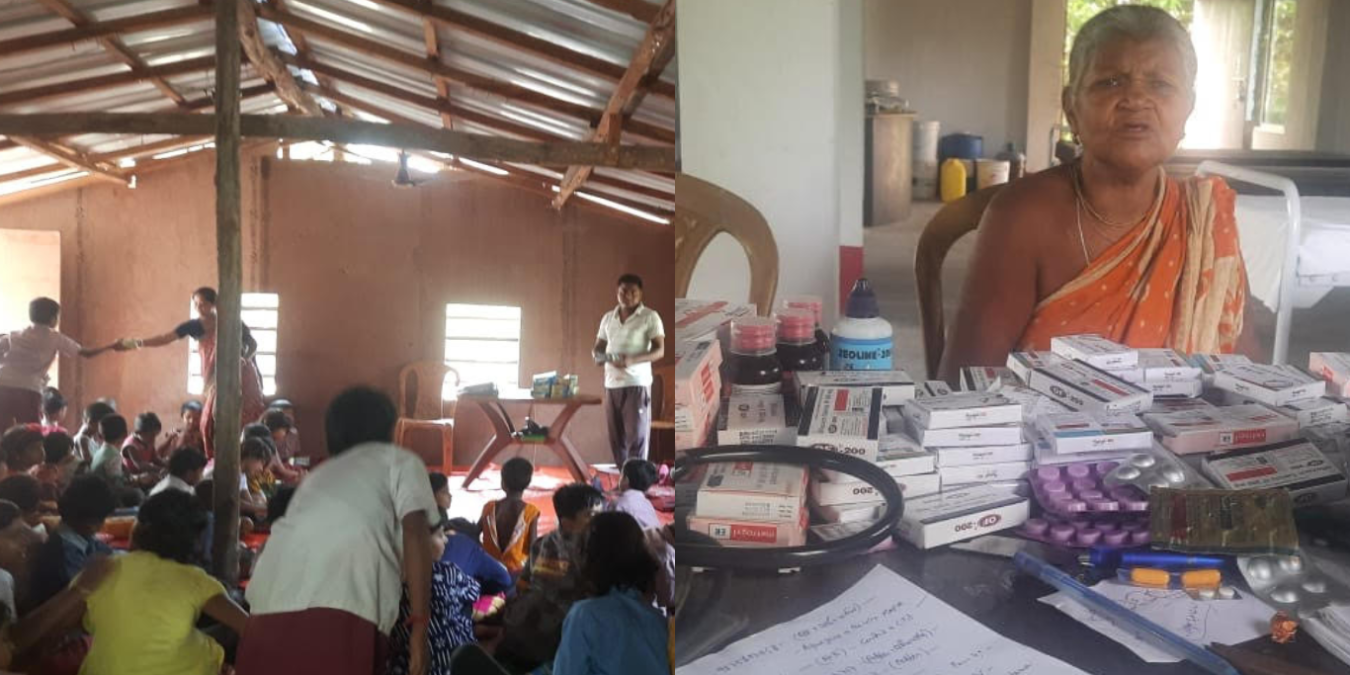
Ayush thought that there should be an ecosystem that can make the villagers self-sustainable from better income to education and healthcare facilities. Through collected funds Ayush managed to build new houses, a stitching center for women and a school. Ayush built a primary school out of woods and began providing education to the children of the village. He also approached various corporations to conduct various skill training programmes such as khadi weaving, electrical work, plumbing, AC repair and speaking English so that a few villagers can get jobs nearby. Many have got employment because of these skill training.
“We are creating a model where men and women both can work so that collectively they can earn enough to survive with ease and live a better life,” said Ayush.
Two years down the line, Ayush with his team managed to create an ecosystem which is helping villagers have better education, employment and healthcare facilities. They have built a brand called HumTree where various products made by the villagers are sold. The products are macramé products like bags, coasters, table mats, plant hangers and a variety of things. They also have four flavors of honey, which comes exclusively from the farmers of the Sundarbans.
“Initially, we started selling honey under the brand called Sweetness of Ethics because most of the men are involved in beekeeping and farming. It was the primary source of income for them. Now, the honey is also sold under HumTree,” told Ayush. The honey is organic and completely cruelty-free.
The products are sold across India through three avenues- HumTree website, corporate orders and third party stores. “The revenue from these products is about Rs. 3.5 lakh per month. Major sales come from corporate orders. Because they order in bulk like 400-500 pieces per order,” told Ayush.
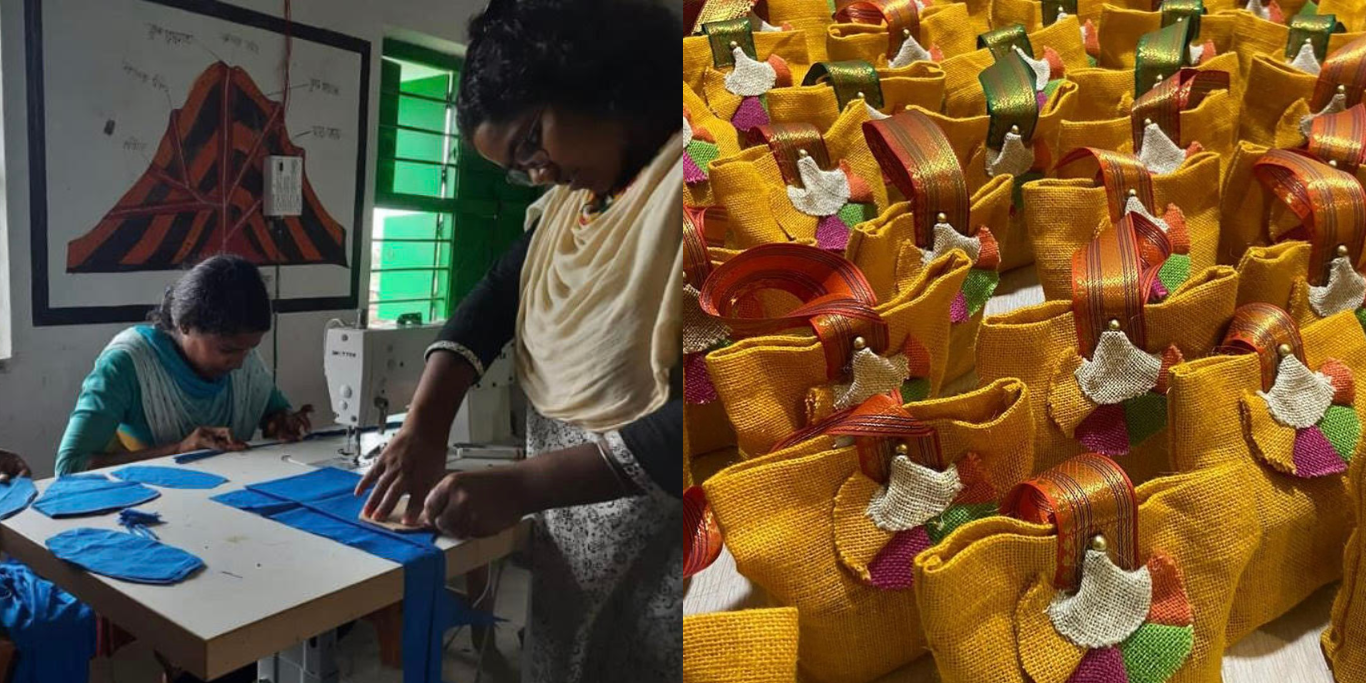
Because of Ayush’s initiative, the income of the families of the villages has increased from around Rs. 4000 to now Rs. 10000 per month. Ayush said that 70 percent of the income of the product sale goes to the salary of the people involved in the manufacturing of the products. The remaining 30 percent is reinvested into the business. “We have been able to provide regular livelihood for about a thousand villagers so far,” added Ayush.
“Currently, we are working in three villages as it takes 1.5 to 2 years to make a village self-sustainable. We will be replicating the same model in different villages of Sundarbans,” said Ayush. He further said that it takes around Rs. 20 lakh investment to make a village self-sustainable.
Apart from generating employment , Ayush is also working on helping the villagers get legal documents such as PAN cards and Aadhaar cards so that they can avail government schemes such as funds for building their houses, employment funds, rations and many other things.
Moreover, there are three schools that Ayush and his team built across three villages of Sundarbans- Birajnagar, Gosaba and Bali. The schools teach CBSE syllabus to the students. Around a thousand students are seeking education in these schools. “We are yet to get affiliation from CBSE board, but the syllabus is CBSE one,” added Ayush.
Upskill yourself: Learn skills from successful personalities and boost your career.
Ayush is also working on reverse migration which will help villages develop through the internal economy. “Migration makes the migrants ignore the options to generate livelihood in the village to make life better. On the other hand, they don’t make a better life by migrating to big cities because of expensive lifestyles and fewer earnings. When the money flows within the villages it contributes to the development of the villages,” explained Ayush.
Ayush’s family has a Real estate business that he plans to join while doing social work that he has been doing since 2015. “I want to make as many villages self-sustainable as possible. It will take time. We have come a long way, but there is a long way to go,” added Ayush.
Author Profile

- Bilal Khan is a Mumbai-based independent journalist. He covers grassroot issues, LGBTQ community and loves to write positive and inspiring stories.
Latest entries
 UncategorizedMarch 13, 2025Empowering MSMEs: How Generative AI is Revolutionizing Embedded Finance
UncategorizedMarch 13, 2025Empowering MSMEs: How Generative AI is Revolutionizing Embedded Finance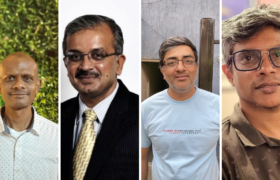 EntrepreneursFebruary 4, 2024Four friends founded e-learning company under their 50s, clocked Rs. 15 cr revenue in FY-23
EntrepreneursFebruary 4, 2024Four friends founded e-learning company under their 50s, clocked Rs. 15 cr revenue in FY-23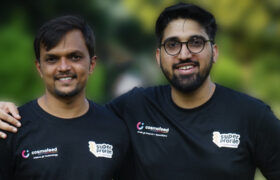 EntrepreneursDecember 31, 2023With Rs. 4 lakh, two friends launched ‘Cosmofeed’ to help creators monetise contents, made Rs. 200 crore turnover in 2023
EntrepreneursDecember 31, 2023With Rs. 4 lakh, two friends launched ‘Cosmofeed’ to help creators monetise contents, made Rs. 200 crore turnover in 2023 ChangemakersDecember 12, 2023Chandigarh Taekwondo Coach trained 8000 students, churning out national and international sports champions
ChangemakersDecember 12, 2023Chandigarh Taekwondo Coach trained 8000 students, churning out national and international sports champions

